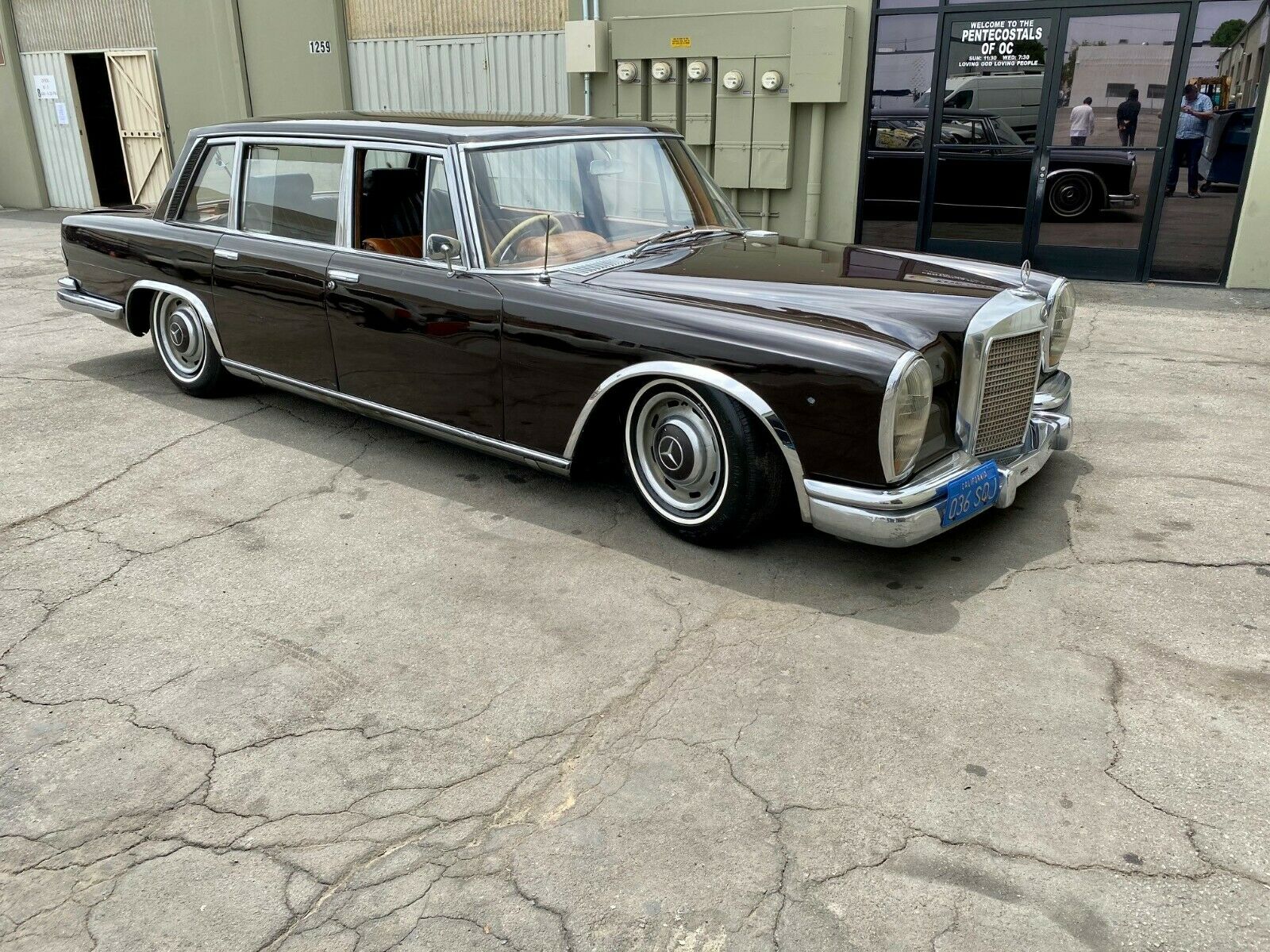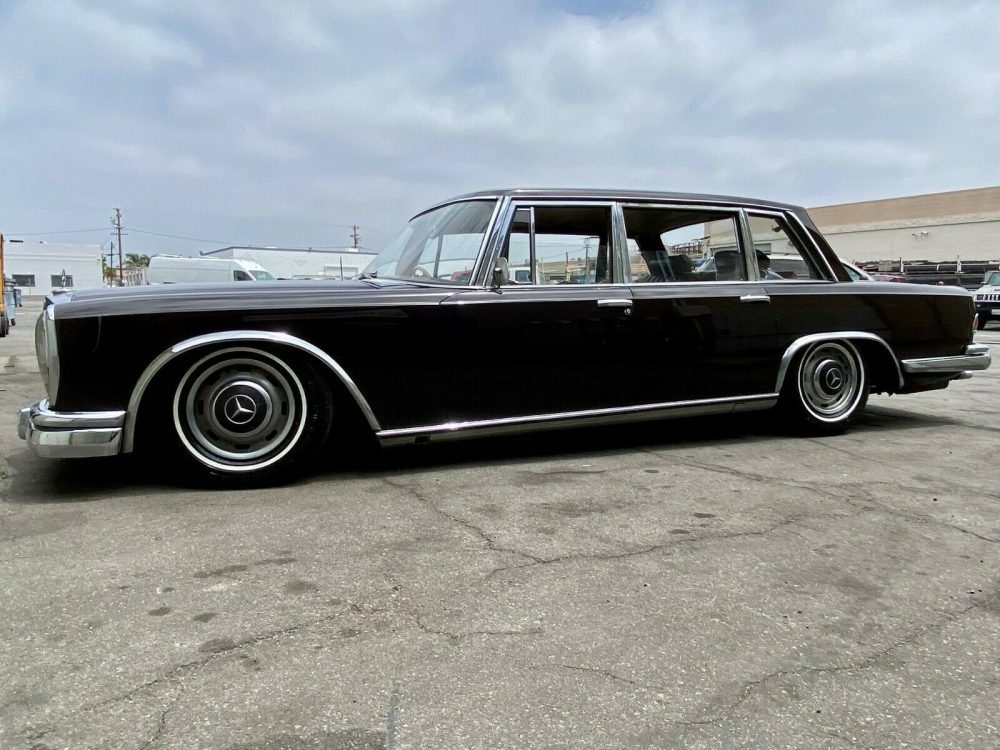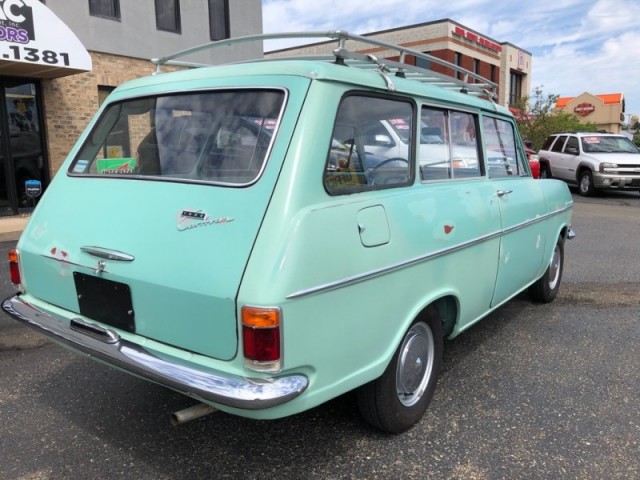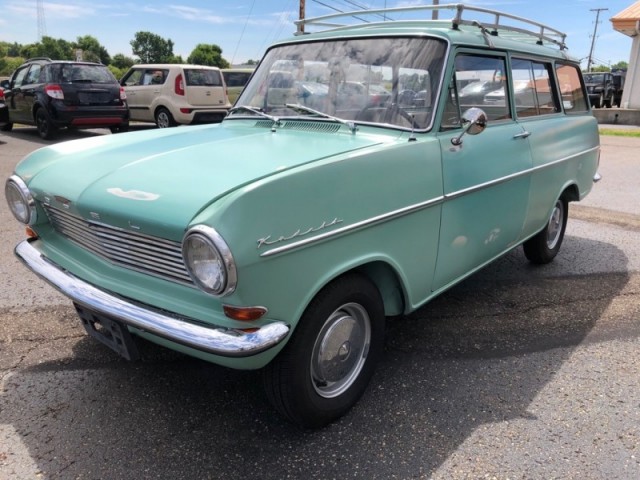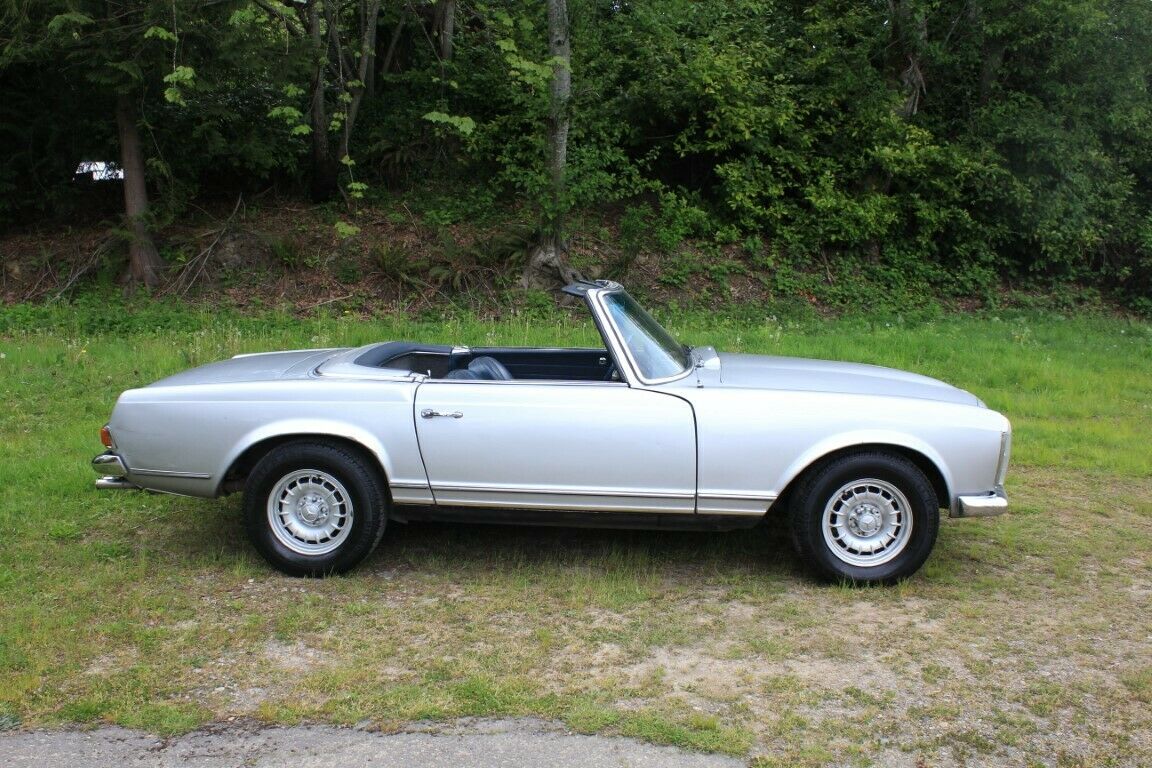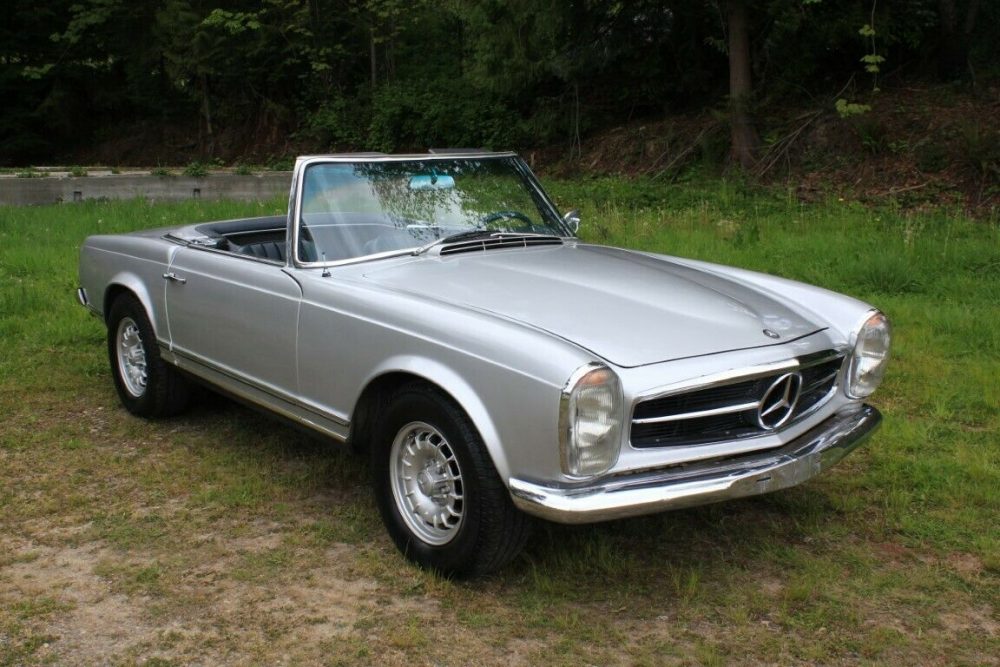Project cars are a very slippery slope. I’d say for every 100 projects that someone buys, maybe only a handful actually see the end of the line as “completed.” People love to get in over their heads in terms of what it will cost or the amount of skill it requires, with most of the time being a solid combination of both. Most of the time it is cheaper, easier, and much less painful just to buy the example you want totally original or already finished, then leave the projects for the professionals and retired folks with unlimited money.
However, there is one car that will bring anyone to it’s knees if you aren’t totally flush with cash and have a very specific set of knowledge: the Mercedes-Benz 600. I don’t need to go over the reasons why, but rather what it would take to get this 1965 up for sale in California back to its glory days. Also, this one has another little surprise.
